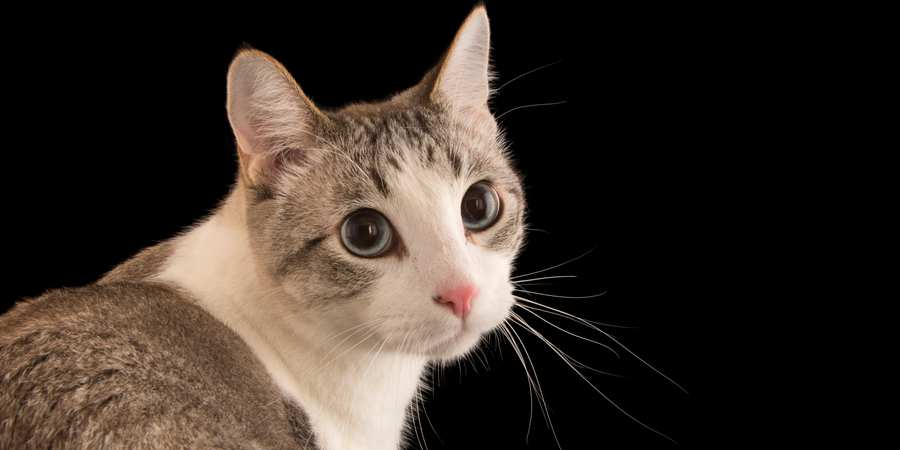Feeding a cat with diarrhea requires easily digestible foods like boiled chicken or rice, avoiding dairy and fatty foods.
Understanding Diarrhea in Cats
Diarrhea in cats can be a worrying experience for any cat owner. It’s not just the mess that’s concerning; it’s the potential underlying health issues that might be causing it. Cats can experience diarrhea due to various reasons, ranging from dietary indiscretion to infections, parasites, or even stress. Understanding the root cause is essential for effective treatment and management.
When a cat has diarrhea, it means that their digestive system is not functioning properly. This can lead to dehydration if not addressed quickly. The first step in dealing with this issue is to monitor the cat’s overall condition closely. If the diarrhea persists for more than a day or is accompanied by other symptoms like vomiting, lethargy, or blood in the stool, seeking veterinary advice is crucial.
Identifying Symptoms
Recognizing the symptoms of diarrhea is straightforward but requires careful observation. Common signs include:
- Watery stools
- Increased frequency of bowel movements
- Straining to defecate
- Lethargy
- Decreased appetite
If these symptoms are present, it’s important to consider what can be done at home while also preparing for a potential vet visit.
Immediate Dietary Changes
One of the most effective ways to manage a cat with diarrhea is through dietary changes. It’s vital to provide food that is gentle on their stomachs and easy to digest. Here are some options:
Boiled Chicken and Rice
Boiled chicken without skin or bones mixed with plain white rice is often recommended for cats experiencing digestive upset. This combination provides protein without overwhelming their system with fat or fiber.
Plain Pumpkin
Canned pumpkin (not the spiced pie filling) can be beneficial due to its high fiber content, which helps firm up stools. Just a small spoonful mixed into their food can make a difference.
Commercial Diets
There are specialized commercial diets available specifically formulated for cats with gastrointestinal issues. These often contain easily digestible ingredients and probiotics to support gut health.
Foods to Avoid
Knowing what not to feed a cat with diarrhea is just as important as knowing what to feed them. Some foods can exacerbate the problem or cause further digestive distress:
Dairy Products
Many cats are lactose intolerant, meaning they cannot properly digest dairy products. Feeding them milk or cheese can lead to more severe gastrointestinal upset.
Fatty Foods
Rich or fatty foods should be avoided as they can worsen diarrhea and lead to pancreatitis, a serious condition that requires immediate veterinary attention.
Certain Vegetables and Grains
While some vegetables can be beneficial in small amounts, others may cause gas and bloating in cats. Avoid feeding them beans, peas, or anything high in fiber until their digestive system stabilizes.
Hydration Is Key
One of the most critical aspects of caring for a cat with diarrhea is ensuring they remain hydrated. Diarrhea can quickly lead to dehydration due to fluid loss. Always provide fresh water and consider offering an electrolyte solution designed for pets if dehydration seems likely.
Cats often prefer running water; therefore, using a pet water fountain might encourage them to drink more. If your cat refuses water or shows signs of dehydration—such as dry gums or lethargy—consulting a veterinarian promptly is essential.
The Role of Probiotics
Probiotics play an important role in maintaining gut health and may help restore balance during episodes of diarrhea. These beneficial bacteria can aid digestion and reduce the duration of gastrointestinal upset.
Some veterinarians recommend specific probiotic supplements designed for cats during recovery from diarrhea. It’s always best to consult with a vet before starting any new supplements.
When To Consult A Veterinarian
While minor cases of diarrhea might resolve on their own with dietary management at home, there are times when seeking veterinary care becomes necessary:
- If diarrhea lasts more than 24 hours
- If there’s blood in the stool
- If your cat shows signs of severe lethargy
- If vomiting accompanies diarrhea
- If your cat has underlying health conditions
In these situations, prompt veterinary intervention is crucial for diagnosing any underlying issues and providing appropriate treatment.
Transitioning Back To Regular Diet
Once your cat’s condition improves and they are no longer experiencing diarrhea, transitioning back to their regular diet should be done gradually. Start by mixing small amounts of their usual food into the bland diet over several days until they are fully back on their regular meals.
This gradual transition helps prevent any sudden changes that could trigger another bout of digestive upset. Monitoring how your cat responds during this time will help ensure they remain healthy and stable.
Conclusion – What Can I Feed My Cat With Diarrhea?
Managing a cat with diarrhea involves careful attention to diet and hydration while identifying any underlying causes that may need veterinary intervention. Providing easily digestible foods such as boiled chicken and rice or plain pumpkin can help soothe an upset stomach while avoiding dairy products and fatty foods is essential for recovery.
Proper hydration cannot be overlooked; always ensure fresh water is available and consider probiotics for added gut support during recovery phases. With careful management at home and vigilance regarding symptoms, many cats recover quickly from episodes of diarrhea without lasting effects on their health.

